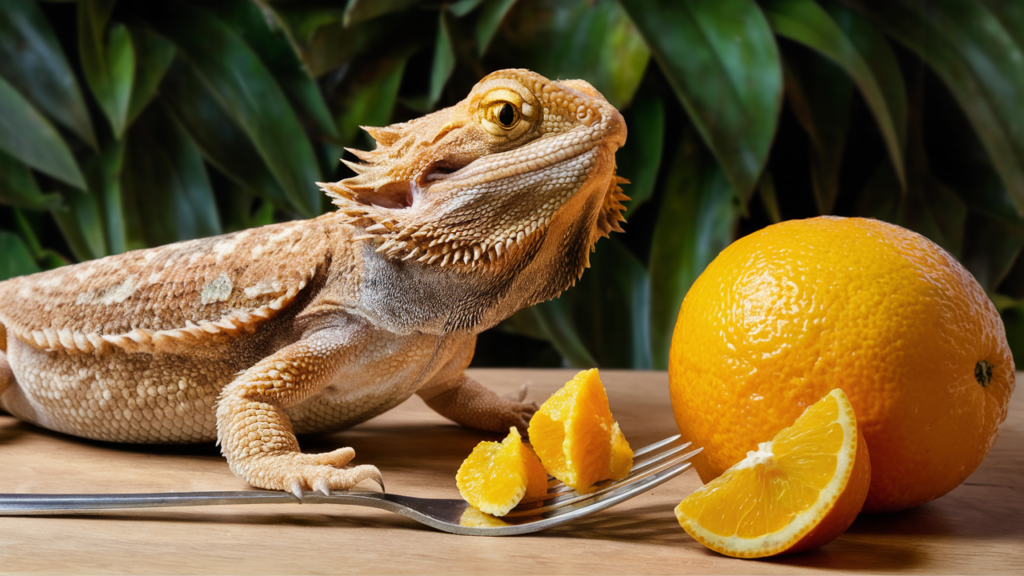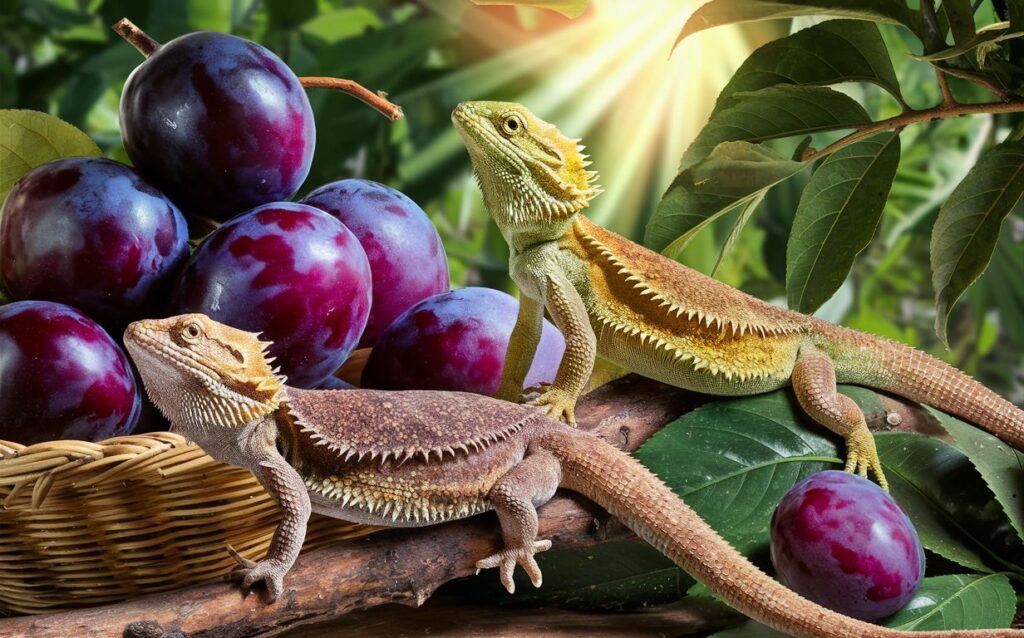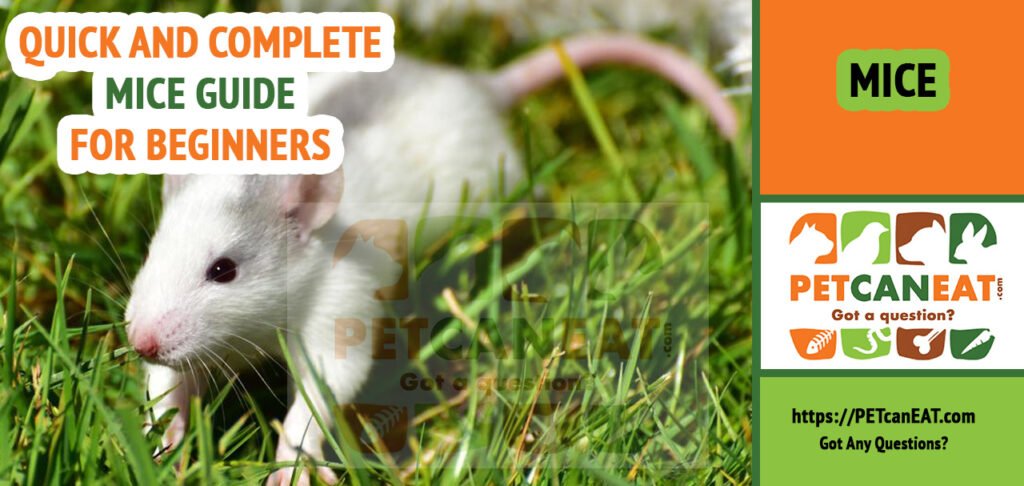Bearded dragons are fascinating creatures that have captured the hearts of reptile enthusiasts worldwide. Their care involves providing a habitat that closely mimics their natural environment, including a diet that balances plant-based and animal-based foods. Given their omnivorous nature, bearded dragon owners often explore various fruits and vegetables to supplement their pets’ diets. This curiosity leads to questions about the suitability of certain foods, such as oranges. “Can Bearded Dragons Eat Oranges?” is a question that arises from the desire to offer a varied and nutritious diet, but it’s important to understand the implications of feeding citrus fruits like oranges to bearded dragons.
Overview of Oranges
Oranges are widely known for their high vitamin C content, essential for immune system support, skin health, and human wound healing. They also provide significant amounts of fiber, potassium, and various antioxidants. These nutritional benefits make oranges a healthy choice for people, prompting consideration of their potential health benefits for bearded dragons.
Suitability of Oranges for Bearded Dragons
Oranges and citrus fruits, in general, are not recommended for bearded dragons due to their high acidity and sugar content. While not toxic, the acidic nature of oranges can cause digestive upset in bearded dragons, including diarrhea or more serious gastrointestinal issues. Additionally, the sugar content in oranges can contribute to obesity and dental problems when fed in excess.
Risks and Considerations
- Acidity: The high levels of citric acid in oranges can upset a bearded dragon’s stomach, leading to discomfort and potential health issues.
- Sugar Content: Oranges contain natural sugars that can lead to obesity and dental issues in bearded dragons if consumed frequently.
- Nutritional Imbalance: Relying on fruits like oranges can lead to dietary imbalances, as they do not provide a comprehensive range of nutrients bearded dragons need.
Alternatives to Oranges
Given the potential risks associated with feeding oranges to bearded dragons, exploring other fruits and vegetables that offer nutritional value without drawbacks is beneficial. Some healthy alternatives include:
- Leafy Greens: Vegetables such as collard greens, mustard greens, and turnip greens are excellent sources of calcium and should form the bulk of a bearded dragon’s vegetable intake.
- Other Vegetables: Bell peppers, squash, and carrots can be offered regularly, providing essential nutrients without the high acidity or sugar content of oranges.
- Safe Fruits: Fruits like berries, apples (without seeds), and melon can serve as occasional treats, offering variety and nutritional benefits in moderation.
Guidelines for Feeding Fruits to Bearded Dragons

When incorporating fruits into your bearded dragon’s diet, follow these general guidelines to ensure their health and well-being:
- Moderation: Fruits should only be offered as an occasional treat, making up a small portion of the diet.
- Variety: Providing a variety of fruits and vegetables can help prevent nutritional deficiencies and promote overall health.
- Preparation: Always wash fruits thoroughly to remove pesticides and cut them into small, manageable pieces to avoid choking.
Conclusion
While oranges offer nutritional benefits for humans, their high acidity and sugar content make them unsuitable for bearded dragons. Focusing on a balanced diet that includes a variety of vegetables and occasional safe fruits is key to maintaining your bearded dragon’s health. Always consult a veterinarian experienced in reptile care before introducing new foods into your pet’s diet, especially if you consider fruits like oranges to have potential risks. By selecting appropriate foods and monitoring your bearded dragon’s response, you can provide a diet that supports their health and happiness.
FAQ Section
Q: What symptoms should I look out for if my bearded dragon eats something they shouldn’t?
A: Signs of digestive upset, including lethargy, lack of appetite, diarrhea, or unusual stool, may indicate that your bearded dragon has eaten something inappropriate. Consult a veterinarian if you observe any of these symptoms.
Q: Can bearded dragons have any citrus fruits?
A: It’s best to avoid all citrus fruits, including oranges, lemons, and grapefruits, due to their high acidity and sugar content, which can cause health issues in bearded dragons.
By prioritizing your bearded dragon’s nutritional needs and health, you can ensure they enjoy a long, healthy life as your companion.







